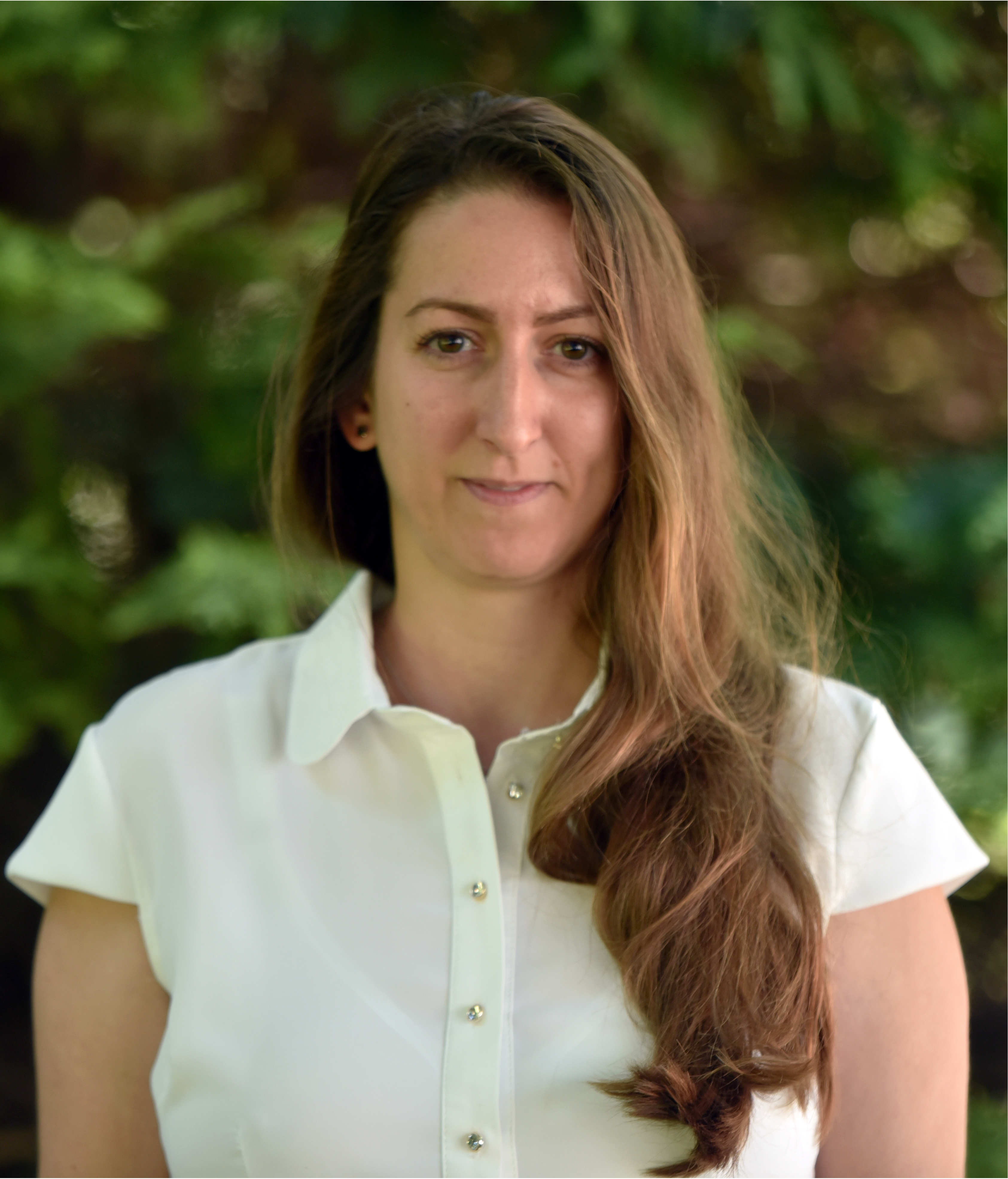Dr. Mónika Varga - MATE Research
Overview
Monika Varga PhD, agricultural engineer, senior researcher. Her multidisciplinary experience is based on modelling of biosystems, ecosystems, complex agri-food and agro-environmental processes. Her research focuses on the development of a general modelling framework (Programmable Process Structures). The recent practical applications cover the utilization of dynamic coupling models for the analysis, planning and operation of complex (advantageously circular) technological, agricultural, aquacultural and environmental systems. In her theoretical work she studies how nature-embedded cooperative principles can be utilized to increase the sustainability of human-built world. She was a Fulbright researcher at the Ohio State University, and she is a Bolyai Scholar of Hungarian Academy of Sciences.
Research keywords:
Publications
Development of the modeling and simulation framework of Programmable Process Structures (PPS)
https://doi.org/10.1016/j.inpa.2022.10.001
Modeling and simulation of agro-environmental systems
https://doi.org/10.33927/hjic-2022-09
https://doi.org/10.1016/j.envsoft.2015.10.022
https://doi.org/10.1016/j.inpa.2015.11.001
Modeling and simulation of aquacultural systems
https://doi.org/10.1016/j.compag.2024.108664
https://doi.org/10.1016/j.aquaeng.2020.102073
https://doi.org/10.1016/j.compag.2019.05.025
https://doi.org/10.1016/j.envsoft.2020.104755
https://doi.org/10.1016/j.inpa.2016.06.001
Modeling and simulation of (bio)technological systems
https://doi.org/10.1016/j.resconrec.2023.106919
https://doi.org/10.1016/j.fuproc.2012.07.024
https://doi.org/10.1016/j.matdes.2012.01.041
https://doi.org/10.1016/B978-0-444-64235-6.50040-1
https://doi.org/10.1007/s11356-020-08616-4
https://doi.org/10.33927/hjic-2019-20
Model-based analysis of natural and human-built systems
Projects
Project no. 1.: Open Science to Increase Reproducibility in Science, ID: 101094725, 2023-2026 (as MATE PI)
OSIRIS aims to facilitate the paradigm and culture shift to reform the R&I system by gathering knowledge on the underlying drivers, testing effective evidence-based solutions, identifying incentives for reproducibility by stakeholders, and embedding reproducibility in research design. This will be realized by a unique team with hands-on expertise in Open Science (OS), reproducibility, implementation, and data sharing, along with a range of committed stakeholders.
Project no. 2.: Hungarian-Chinese Bilateral Project 2019-2.1.11-TÉT-2020-00252, 2021-2024 (as Hungarian PI)
Project focuses on the utilization of ’a priory’ dynamic models for coupled intensive aquacultural and plant cultivation systems. The test system is prepared for the automated daily operation, controlled by the use of sensors and cameras. However, only a small part of recycling water from RAS is utilized in the hydroponics system. In addition to cultivated plant, this ratio is primarily limited by the solar radiation. In order to utilize more nutrients and to reduce the environmental load, main goal is to increase this ratio. For this purpose, we develop a PPS-based process model that supports equilibrated planning of the entire system through the unified description of fish production and plant cultivation parts.
Project no. 3.: Process modelling methodology for the integrated use of sector- and task-specific digital models of agricultural and environmental systems, Bolyai János Research Fellowship, 2022-2025
The main objective of the work is to establish a unified, dynamic process modeling framework that can be used to link sector- and task-specific digital models of agricultural and environmental systems. Recent work gains, analyze and generalize the experiences from the former applications of Programmable Process Structures for the model based analysis and planning of various agro-environmental systems.





